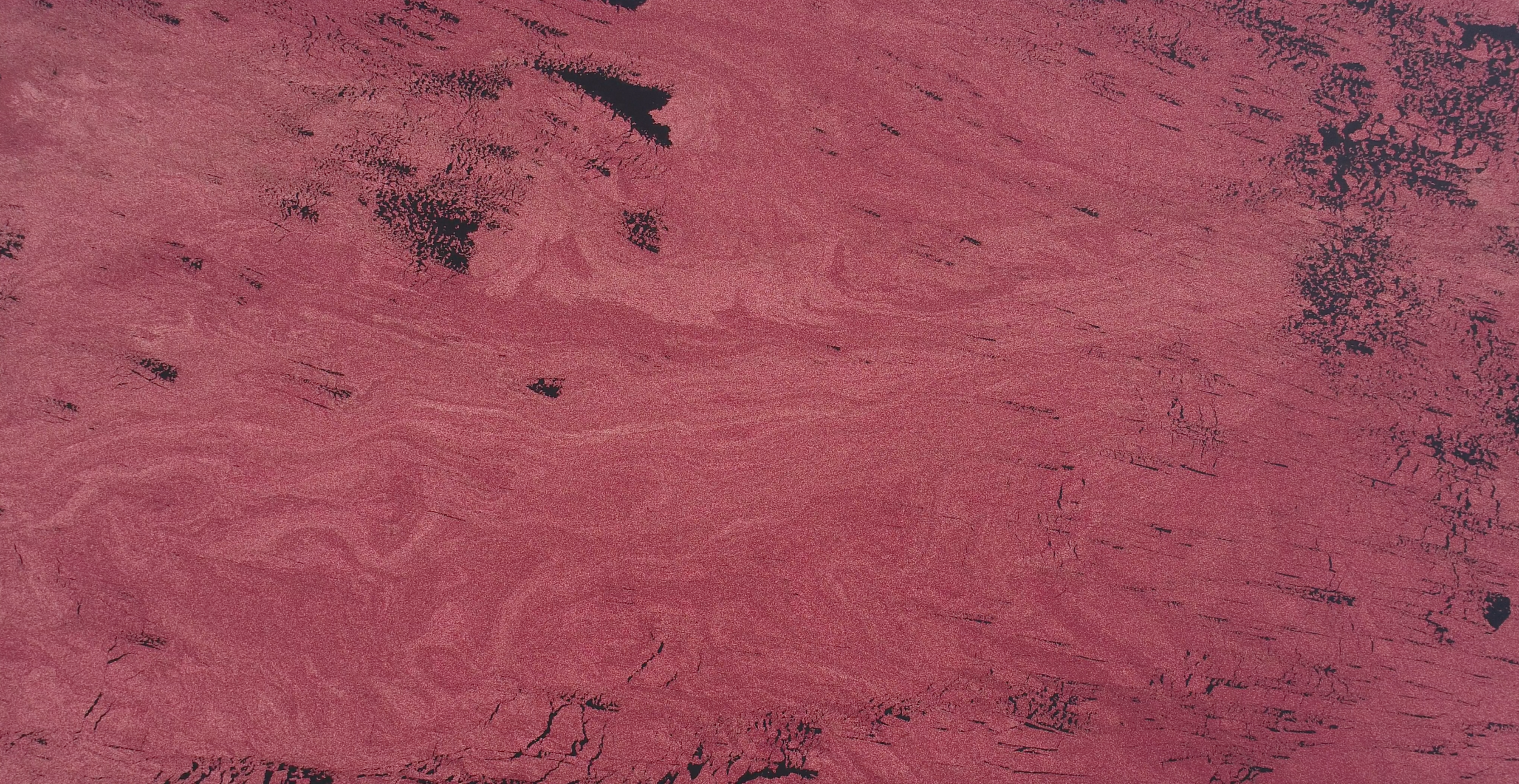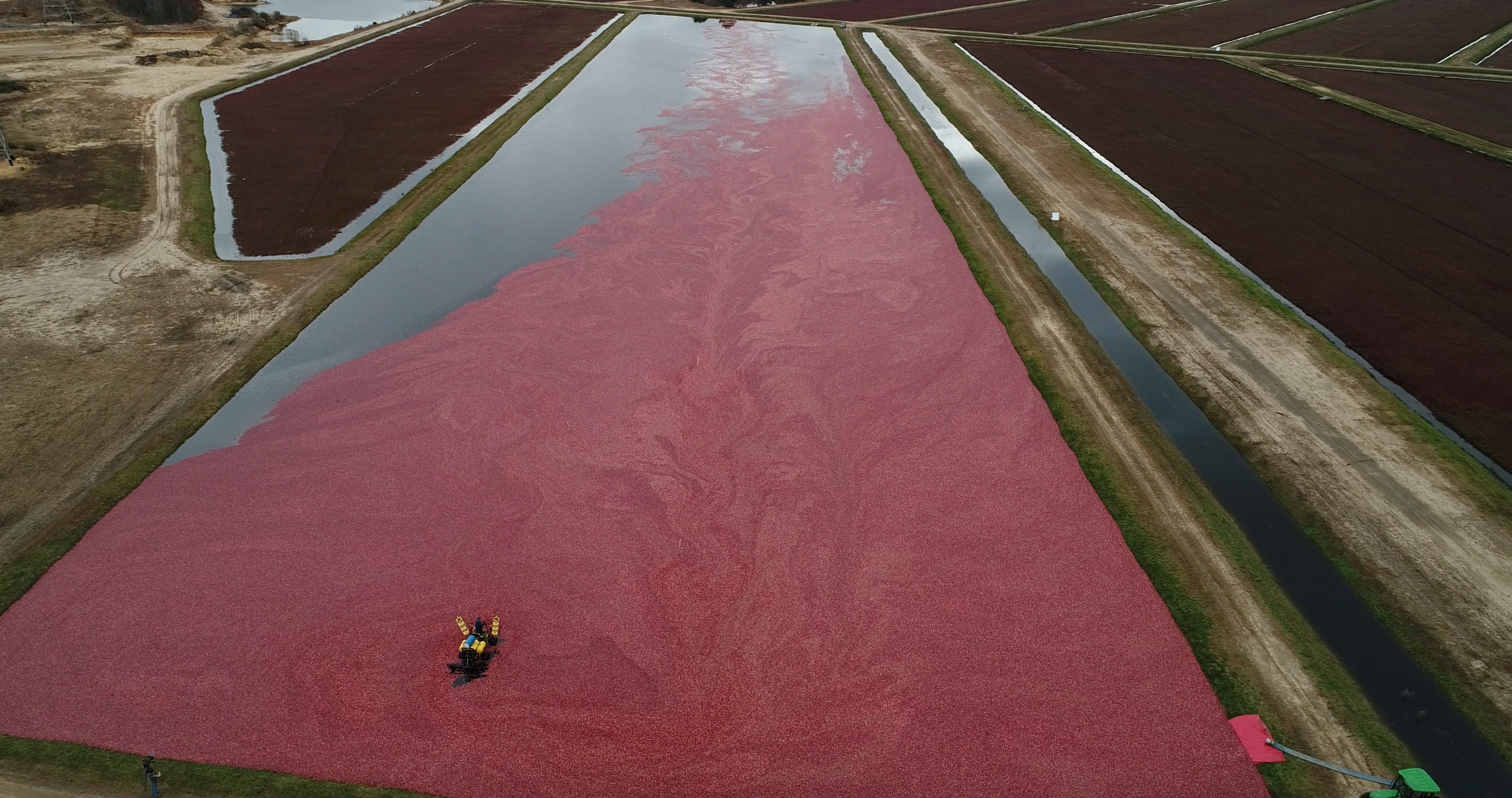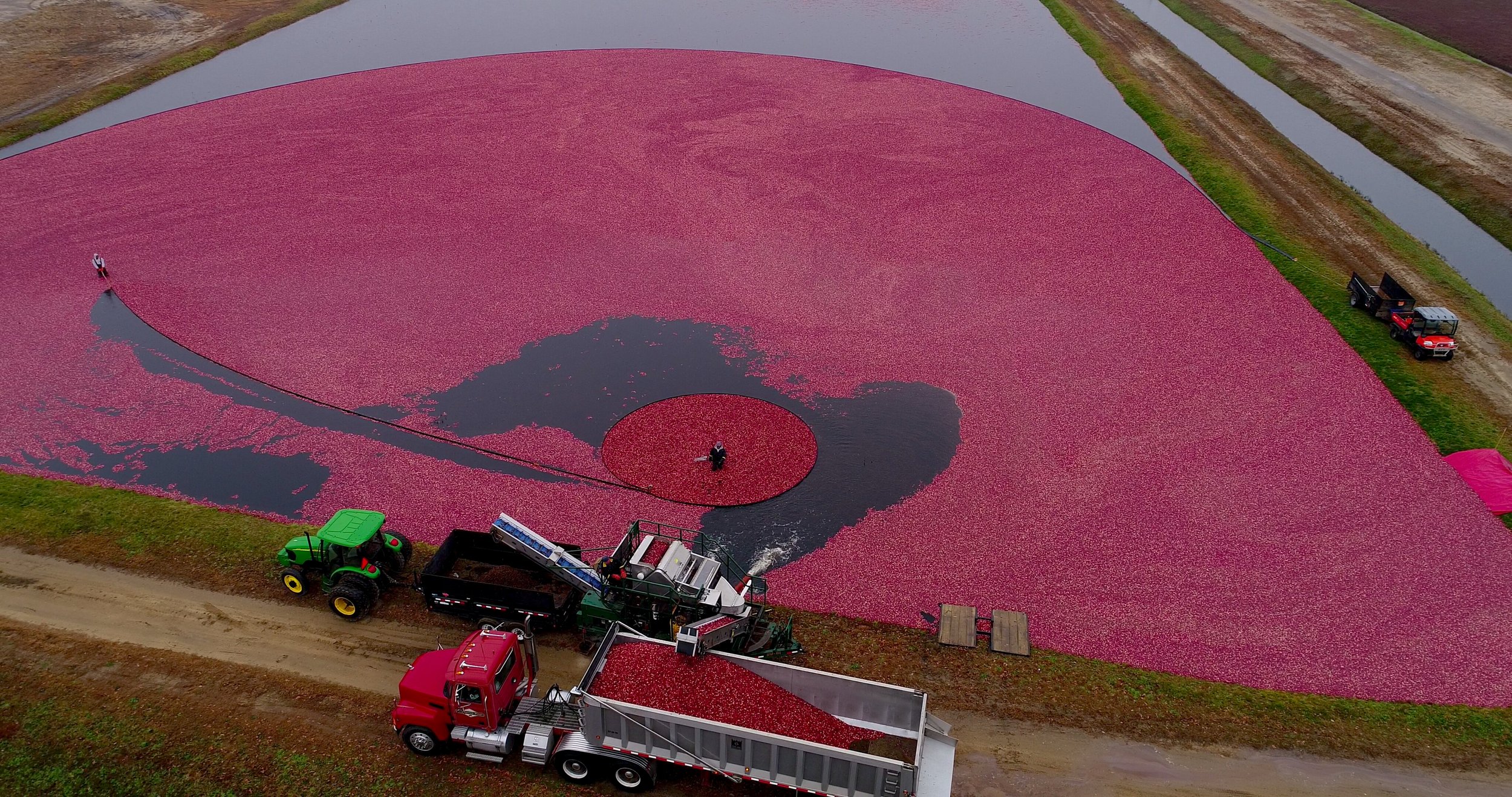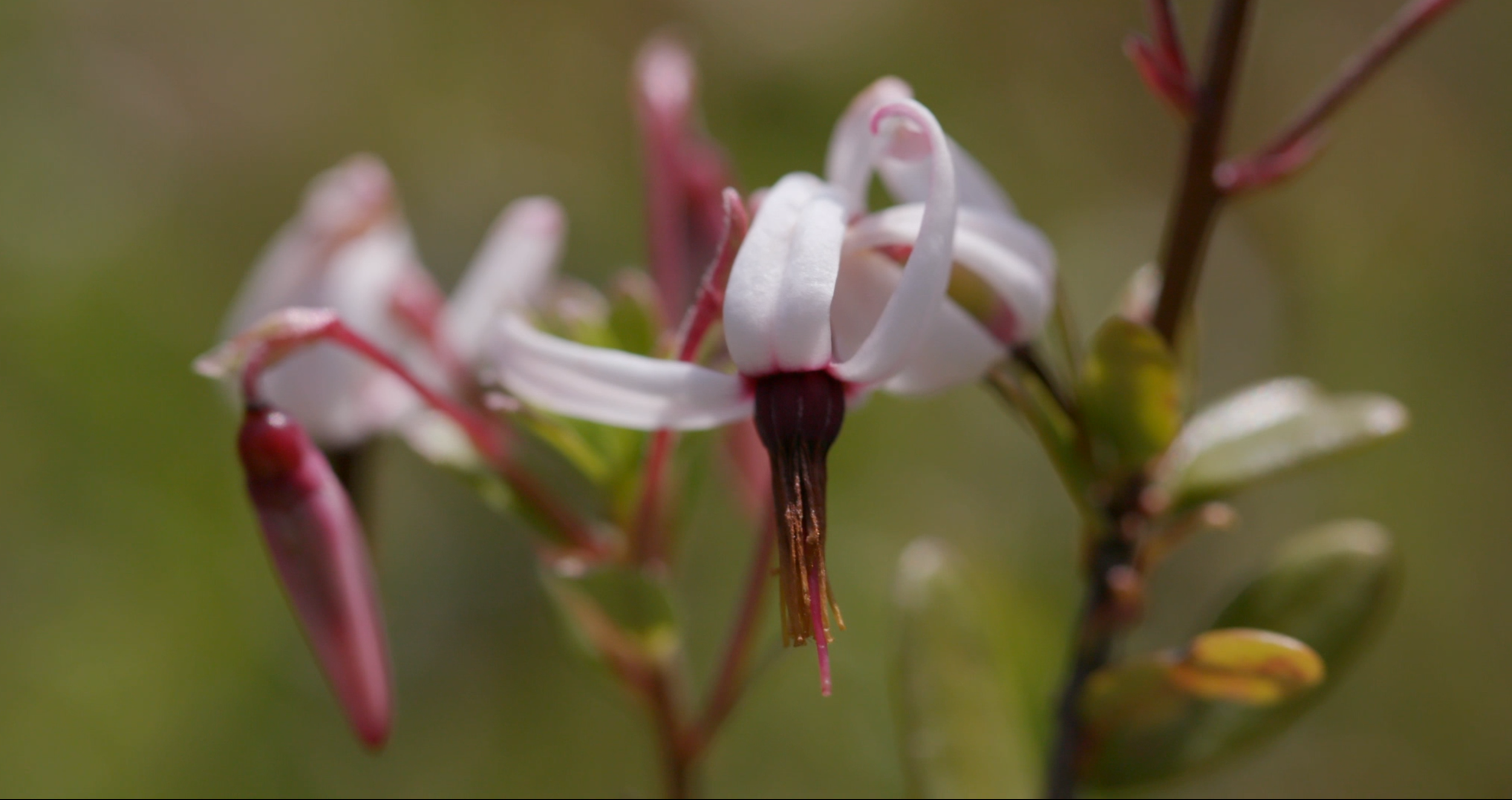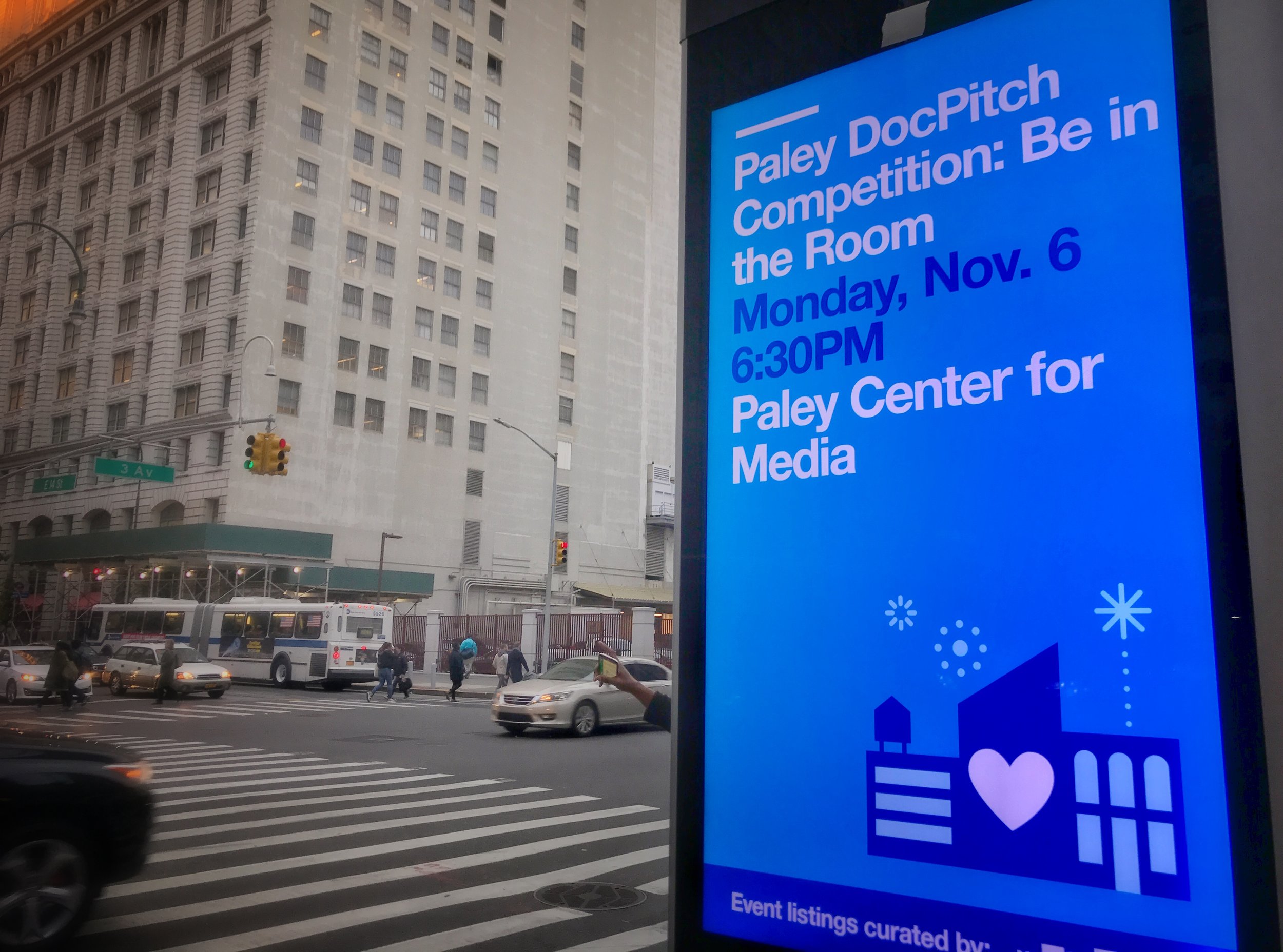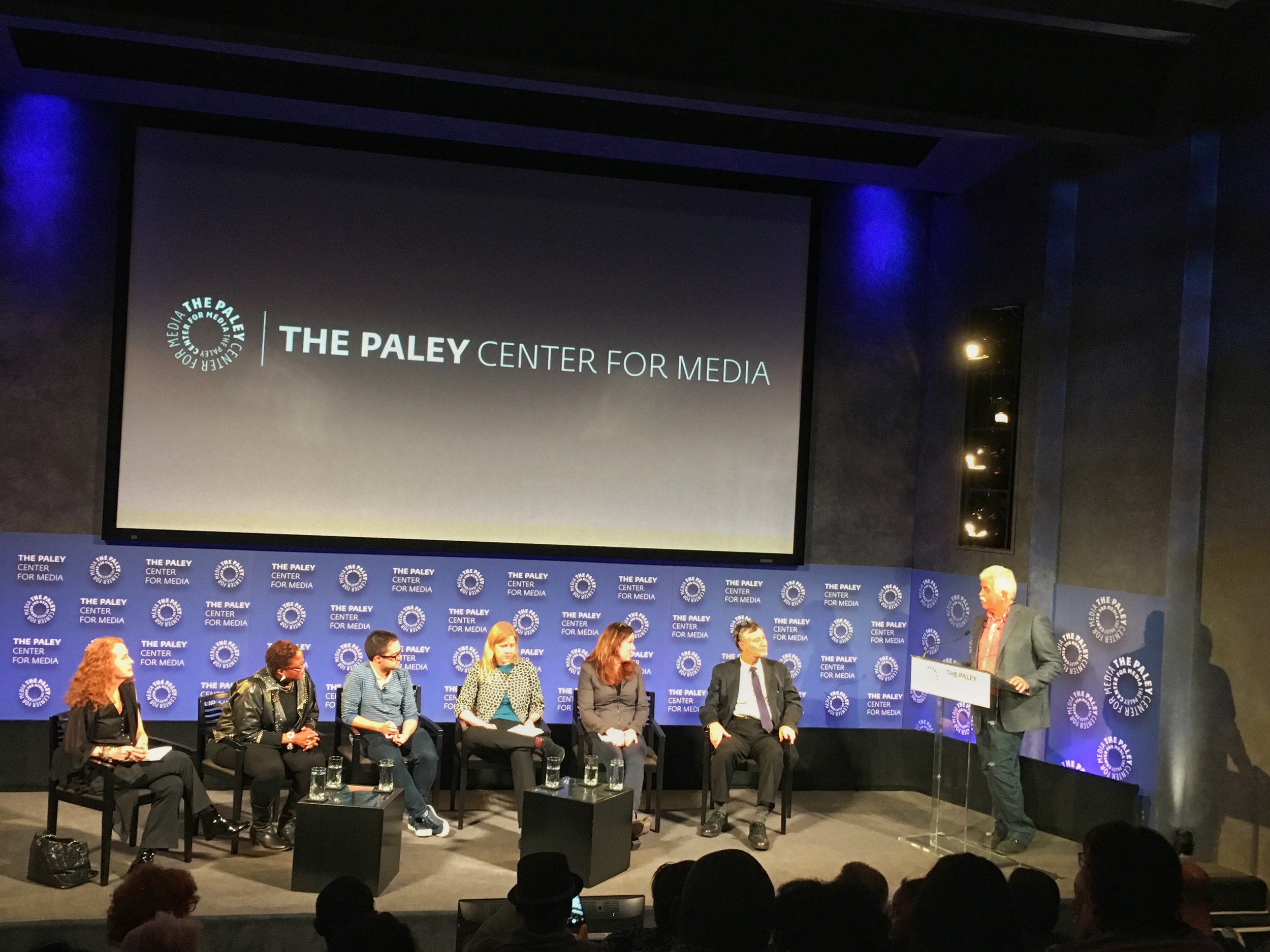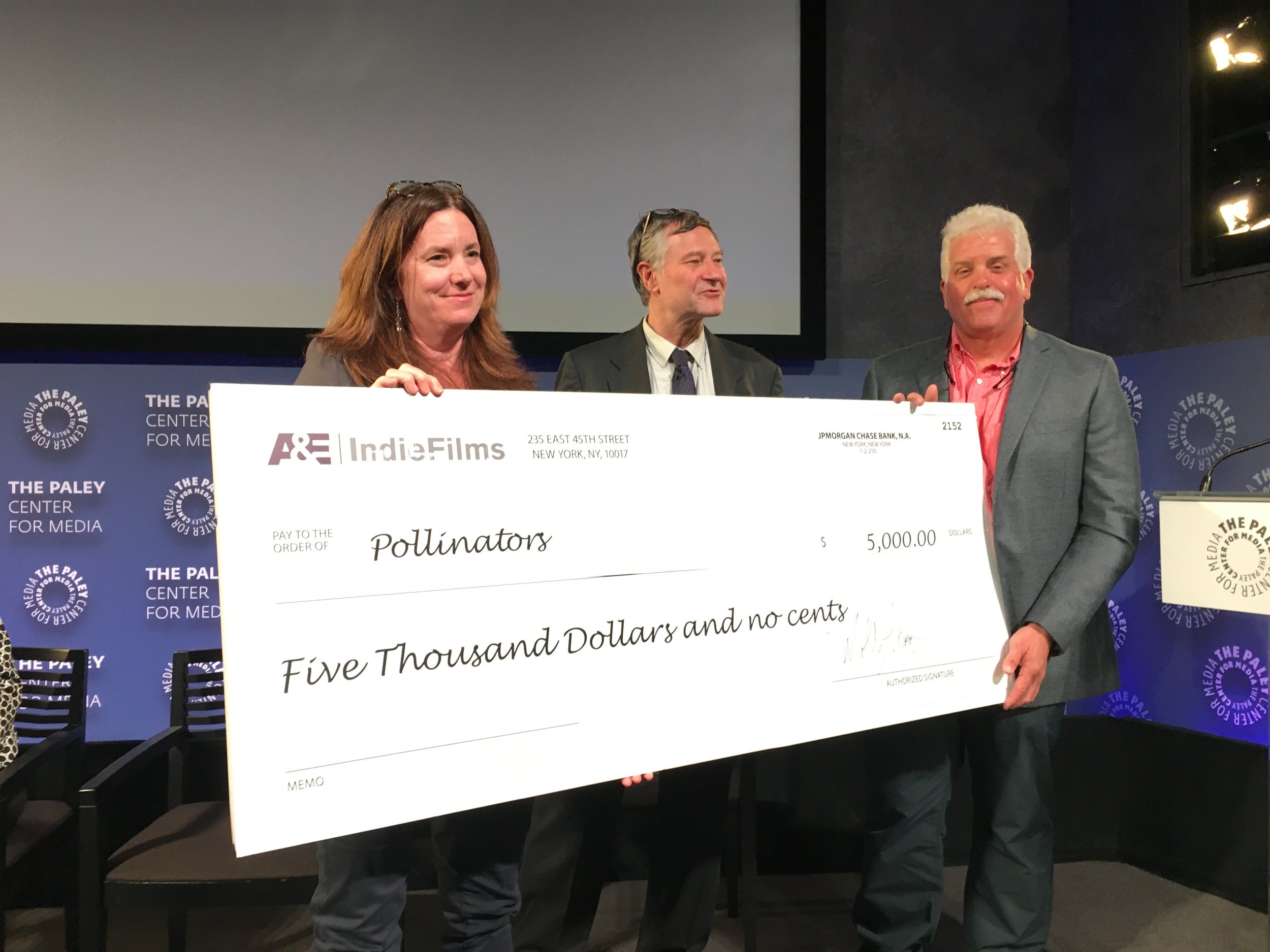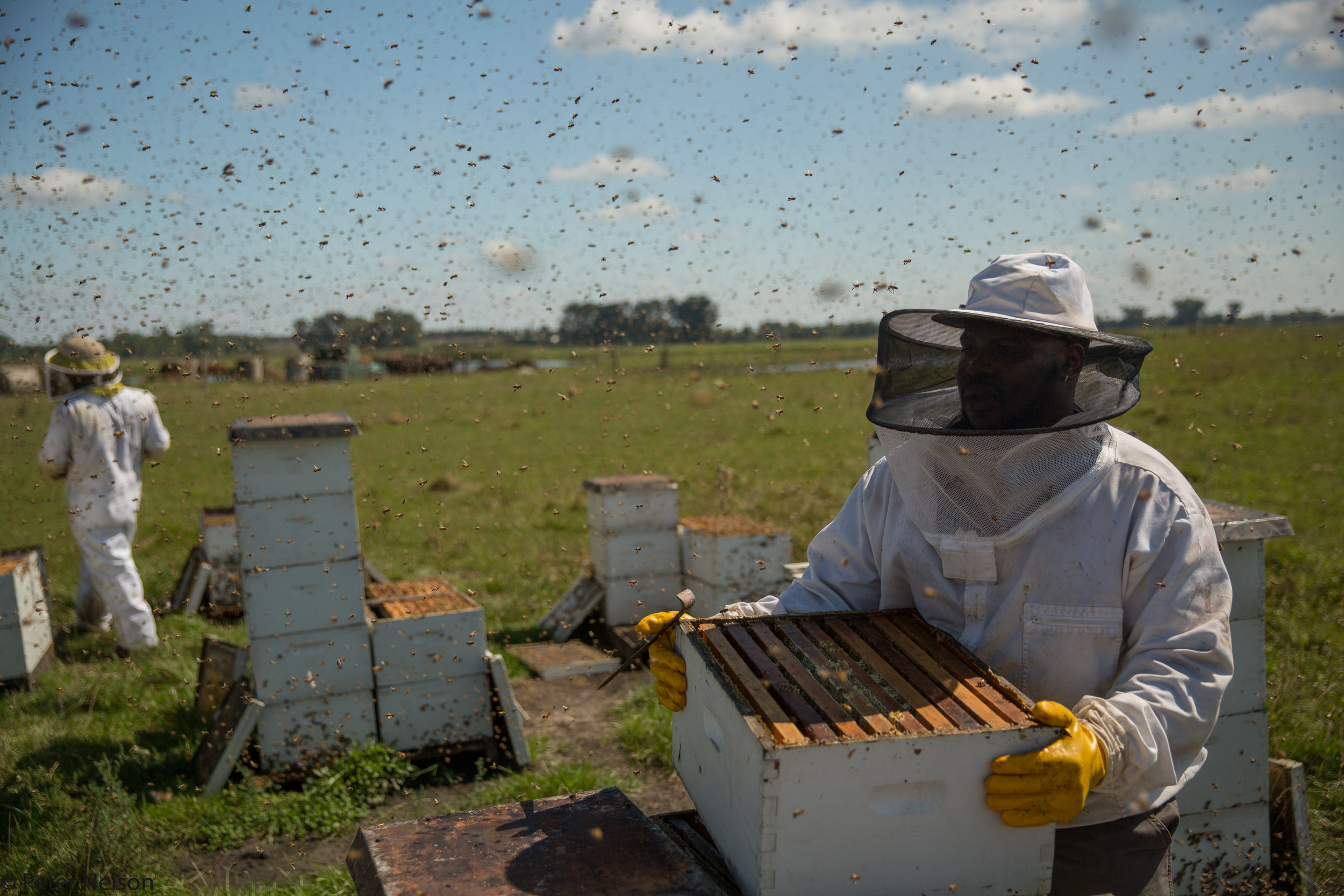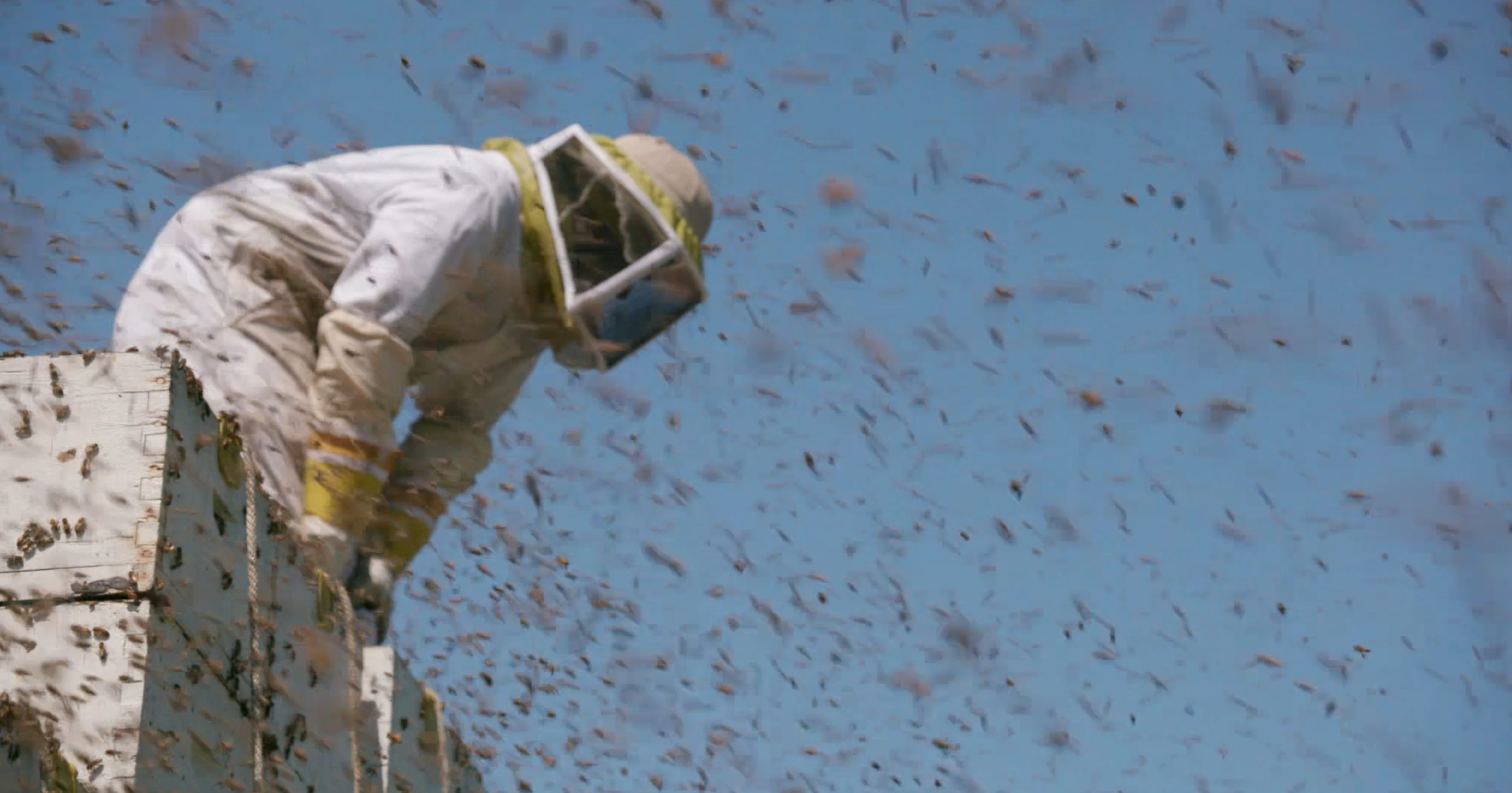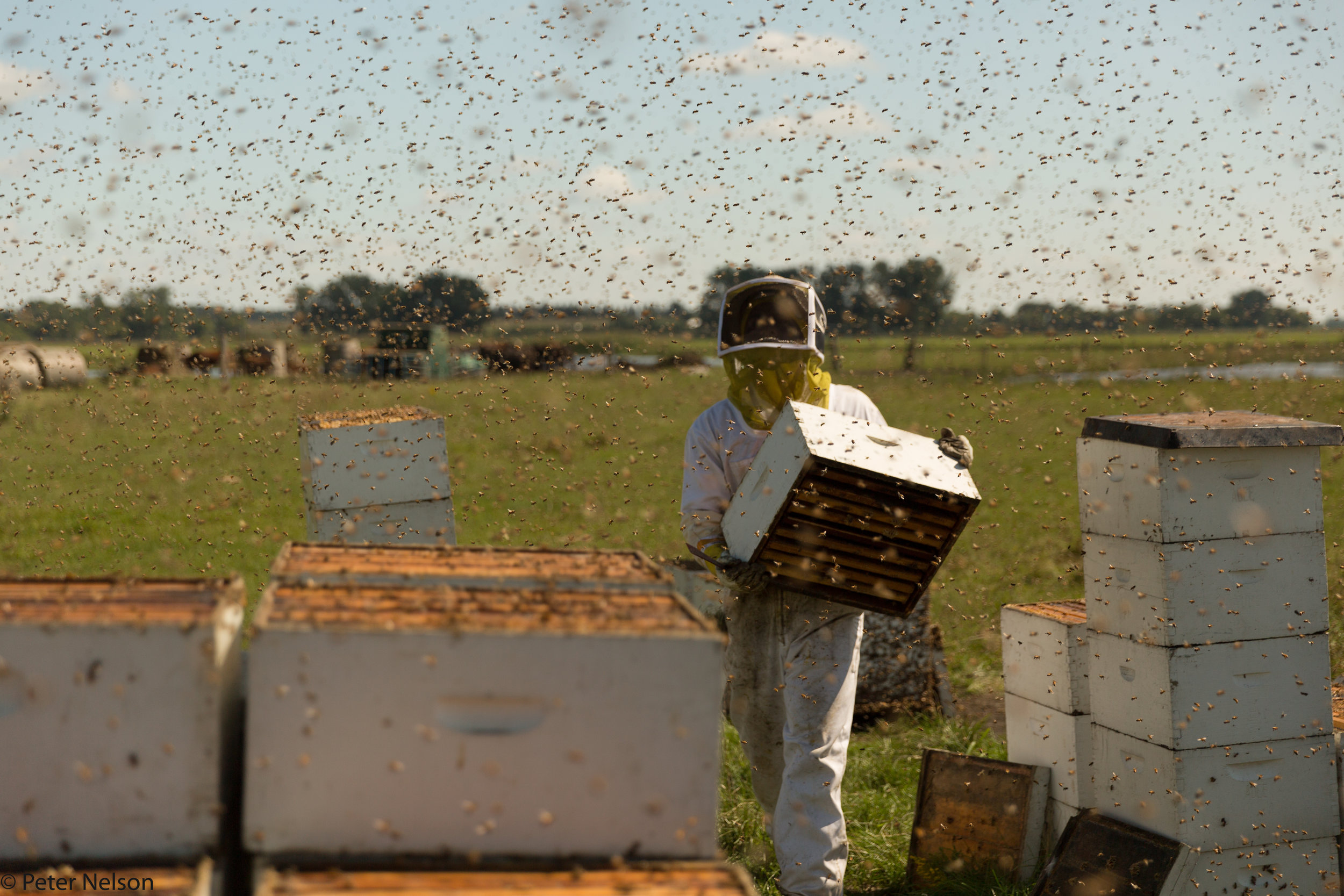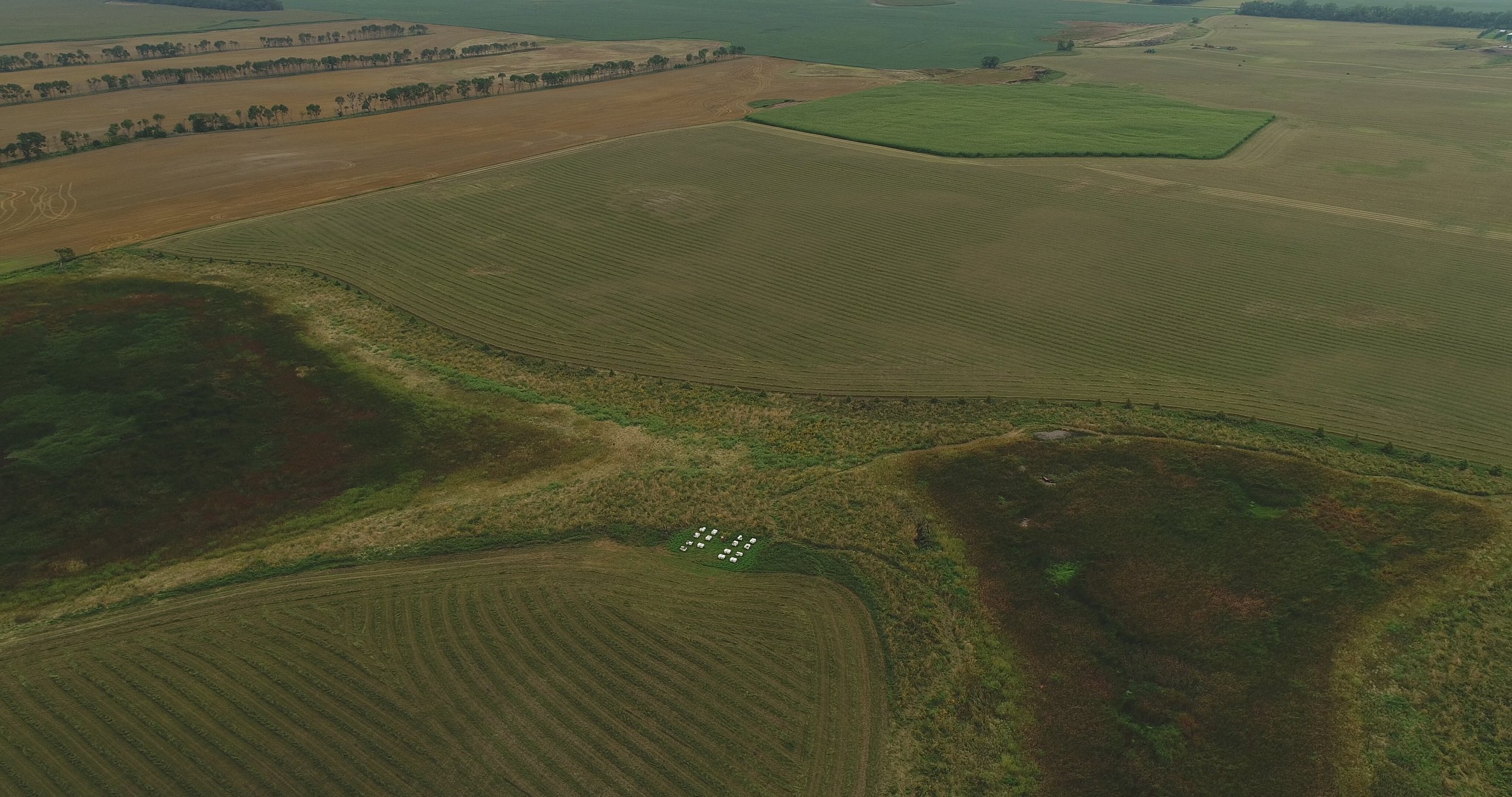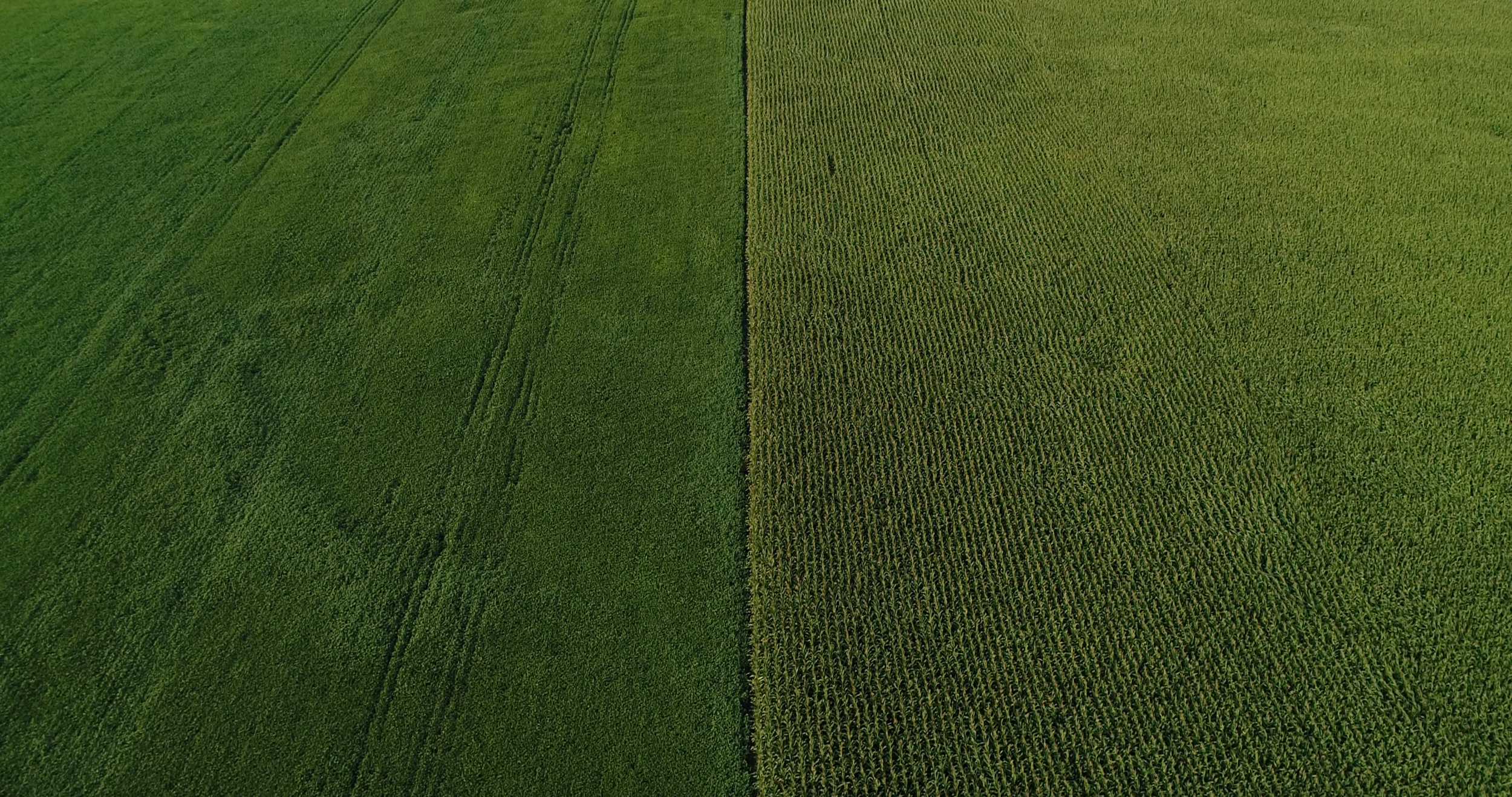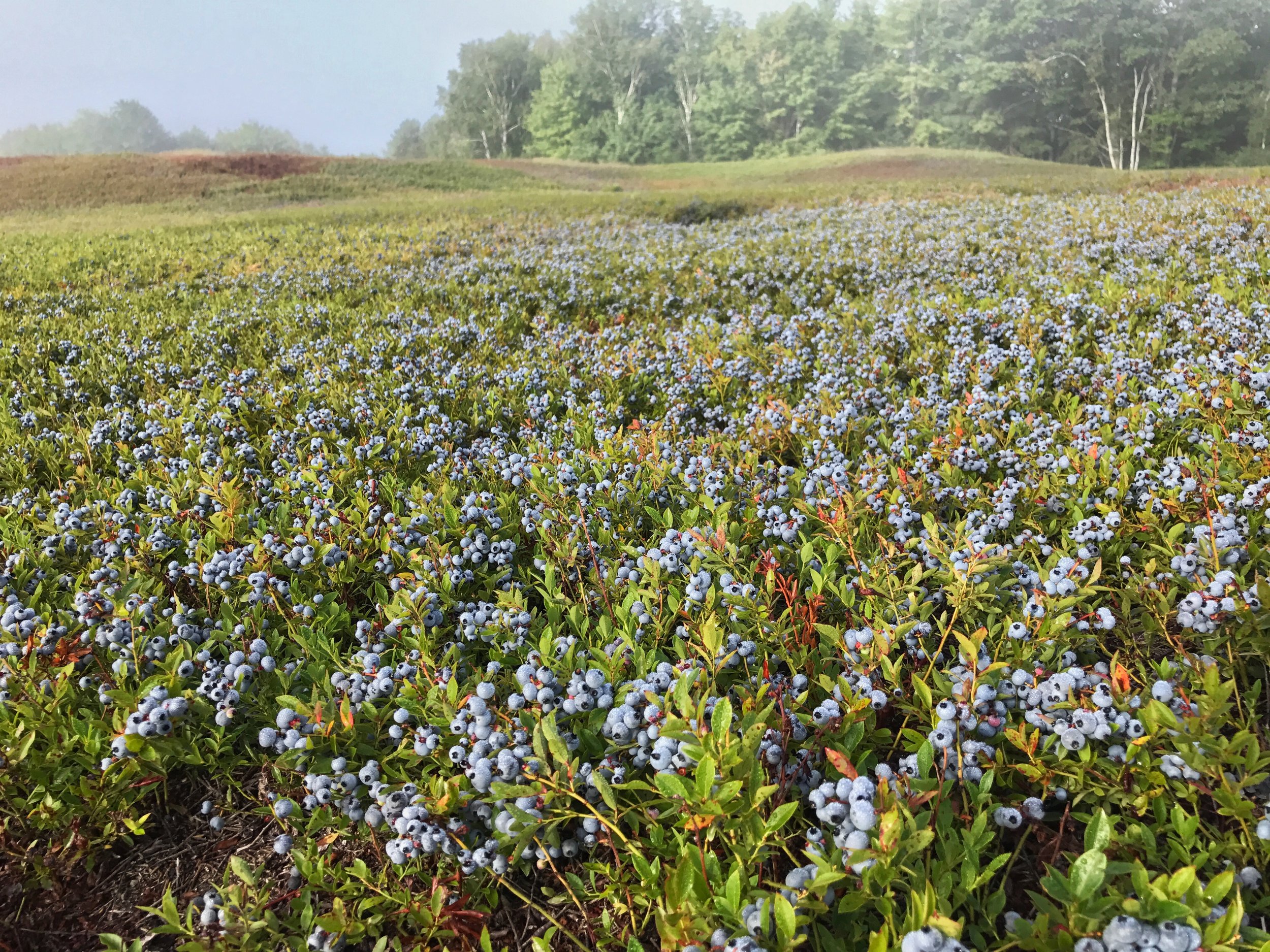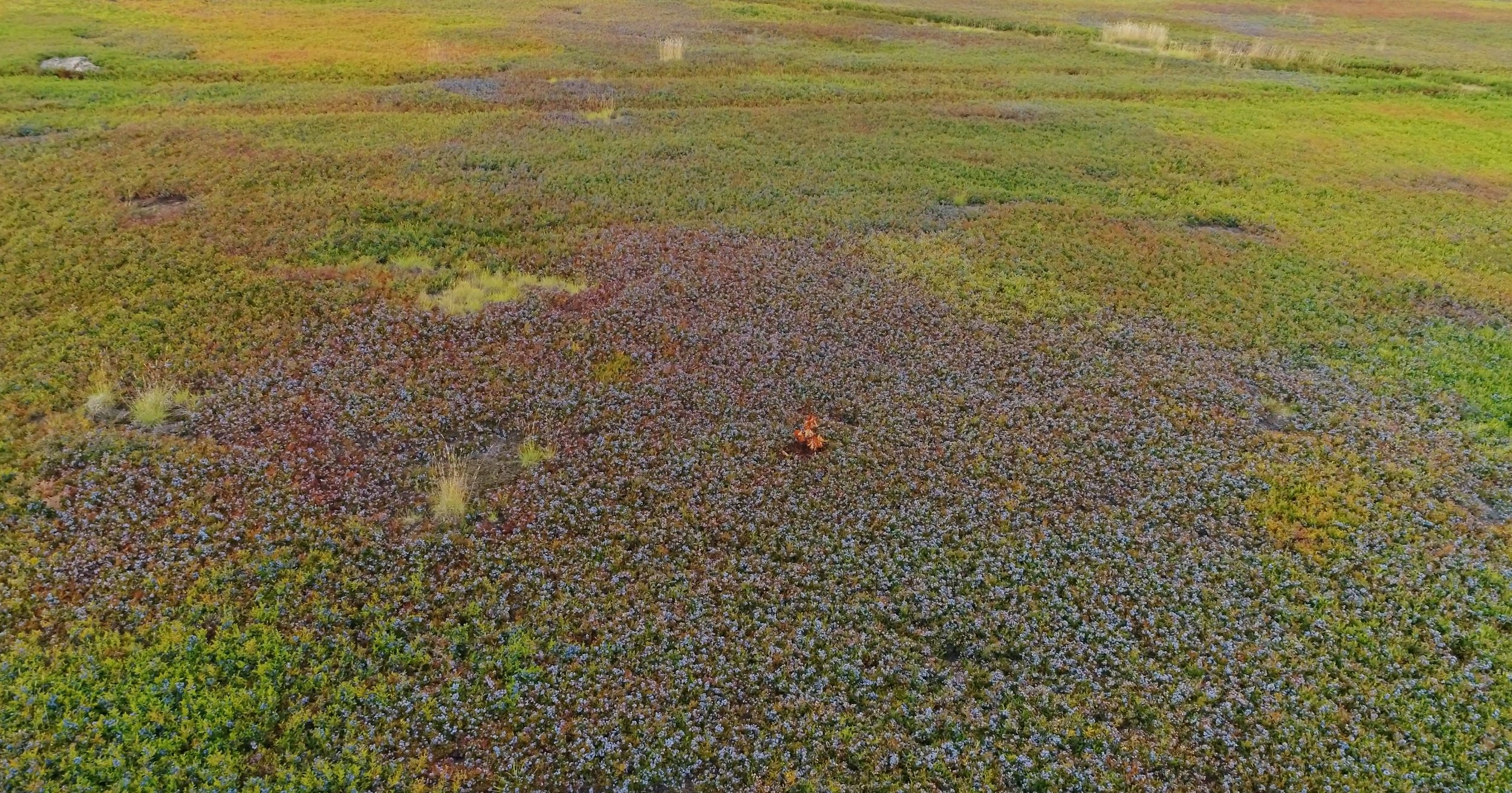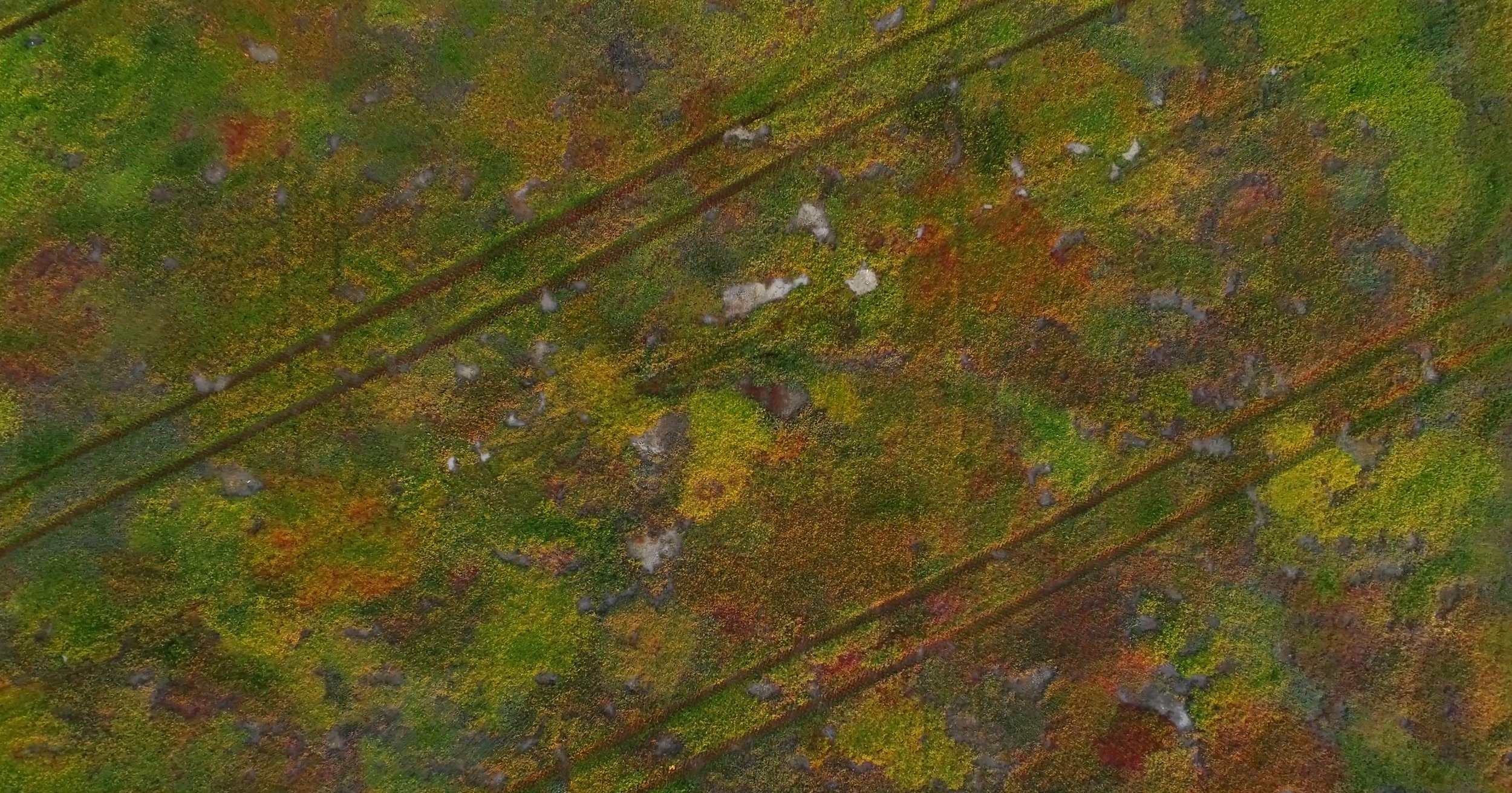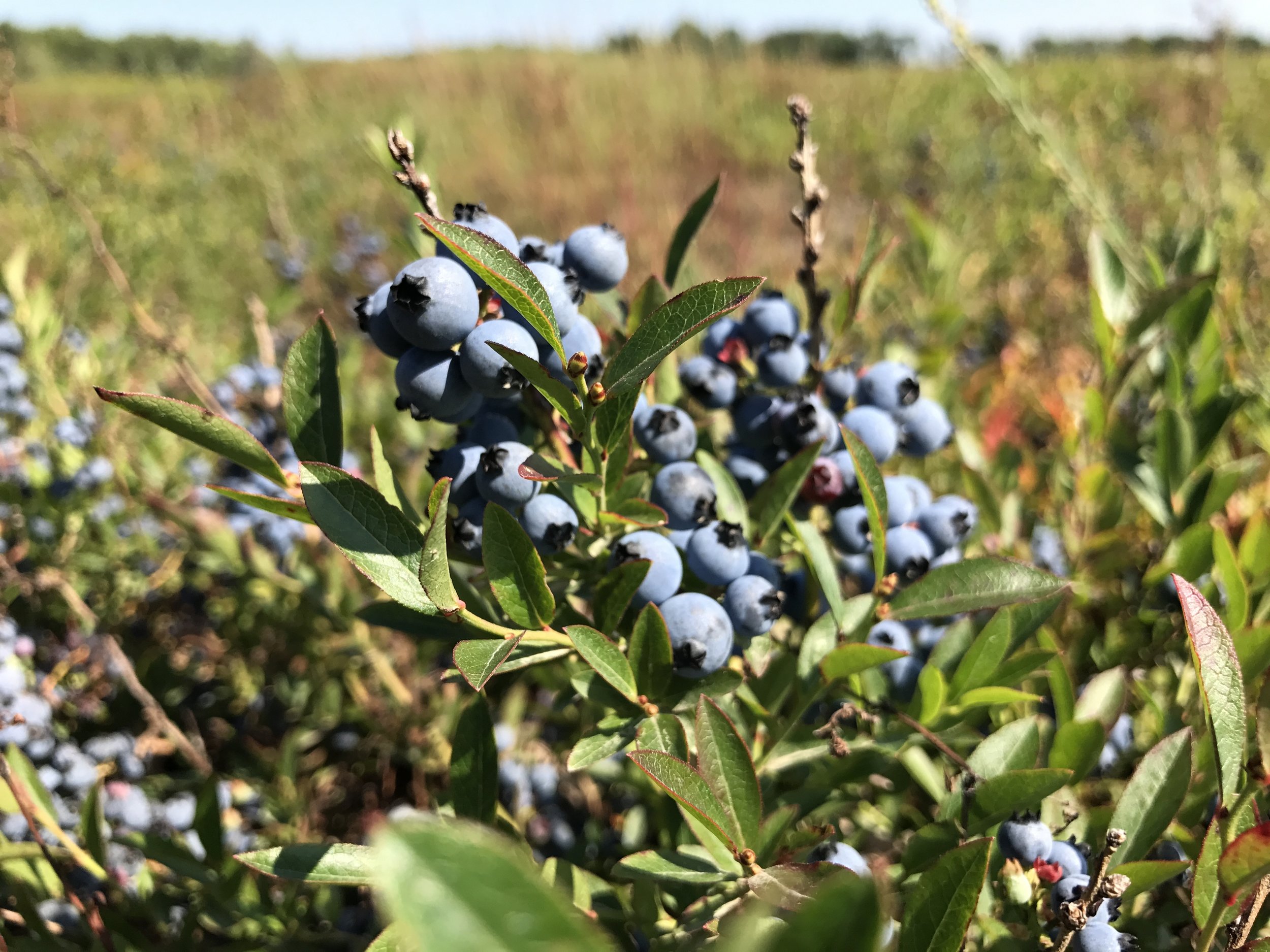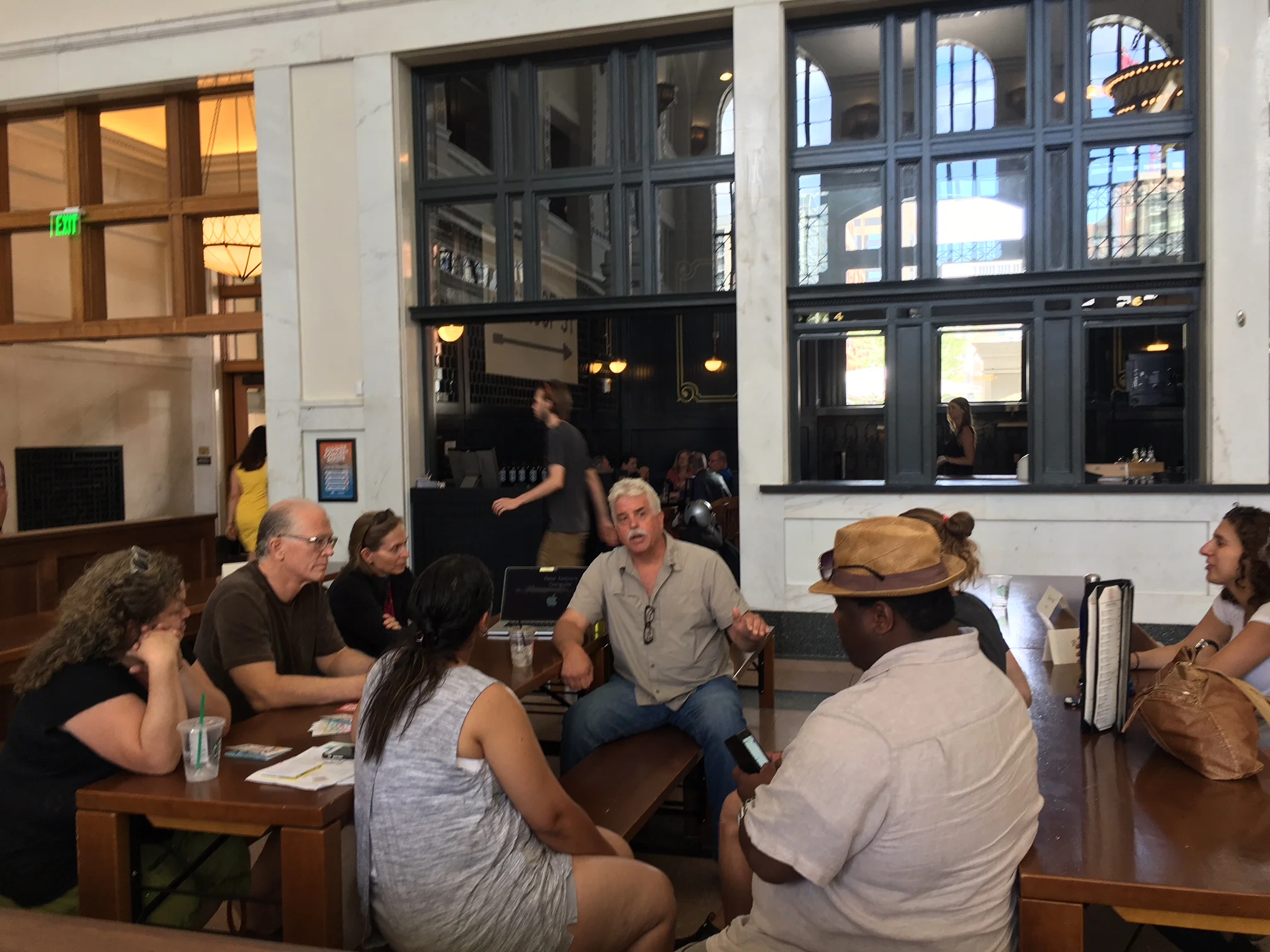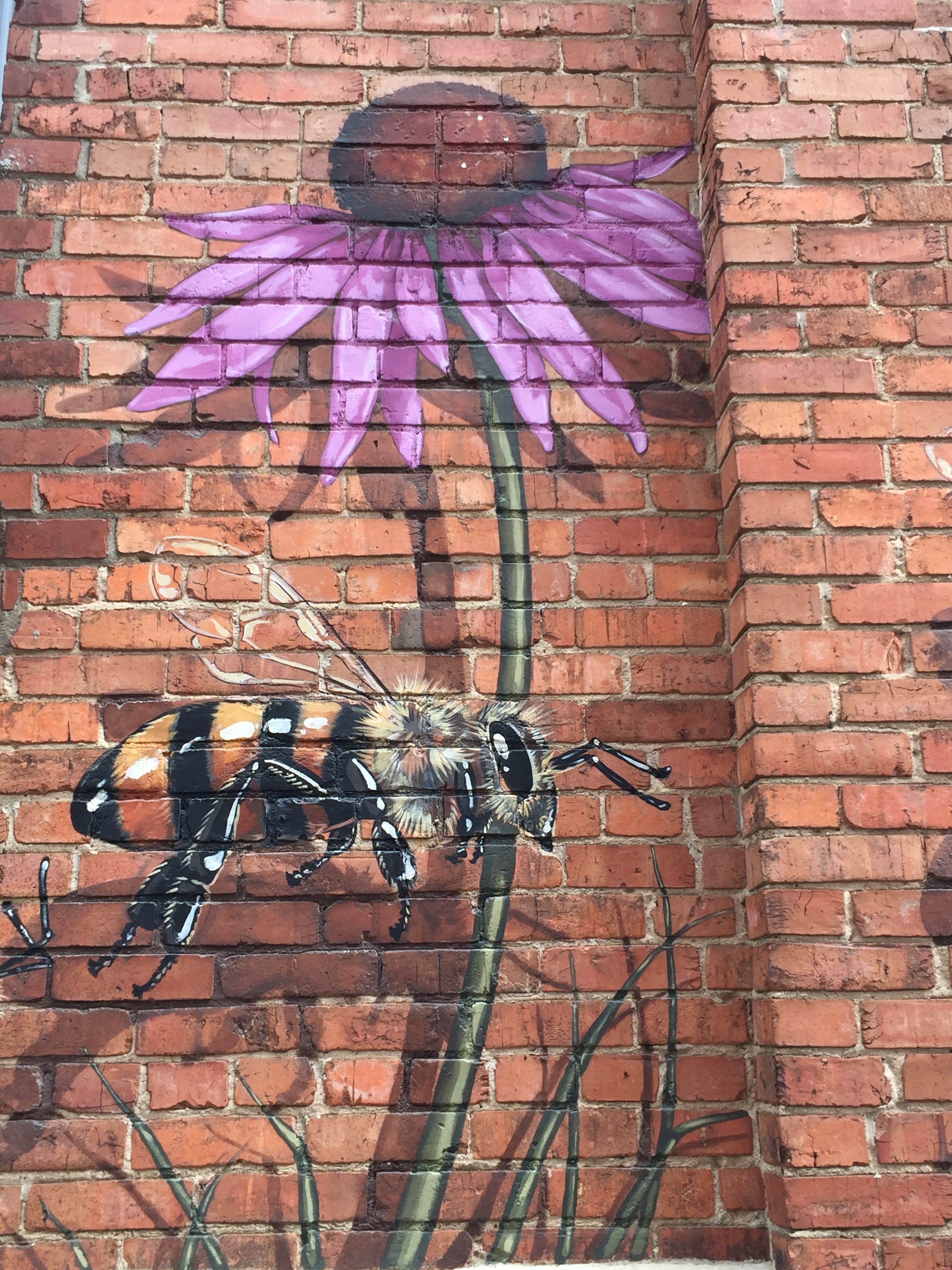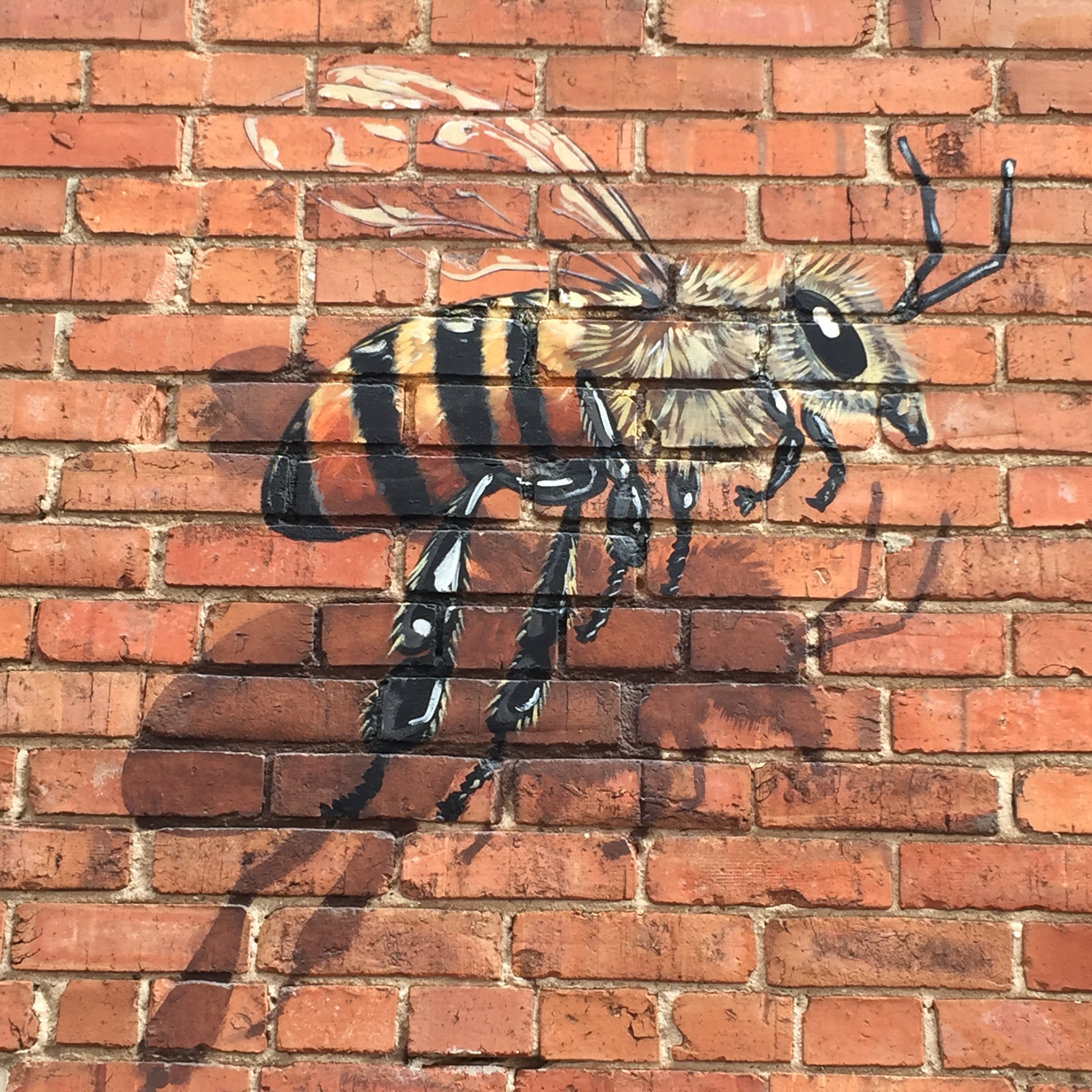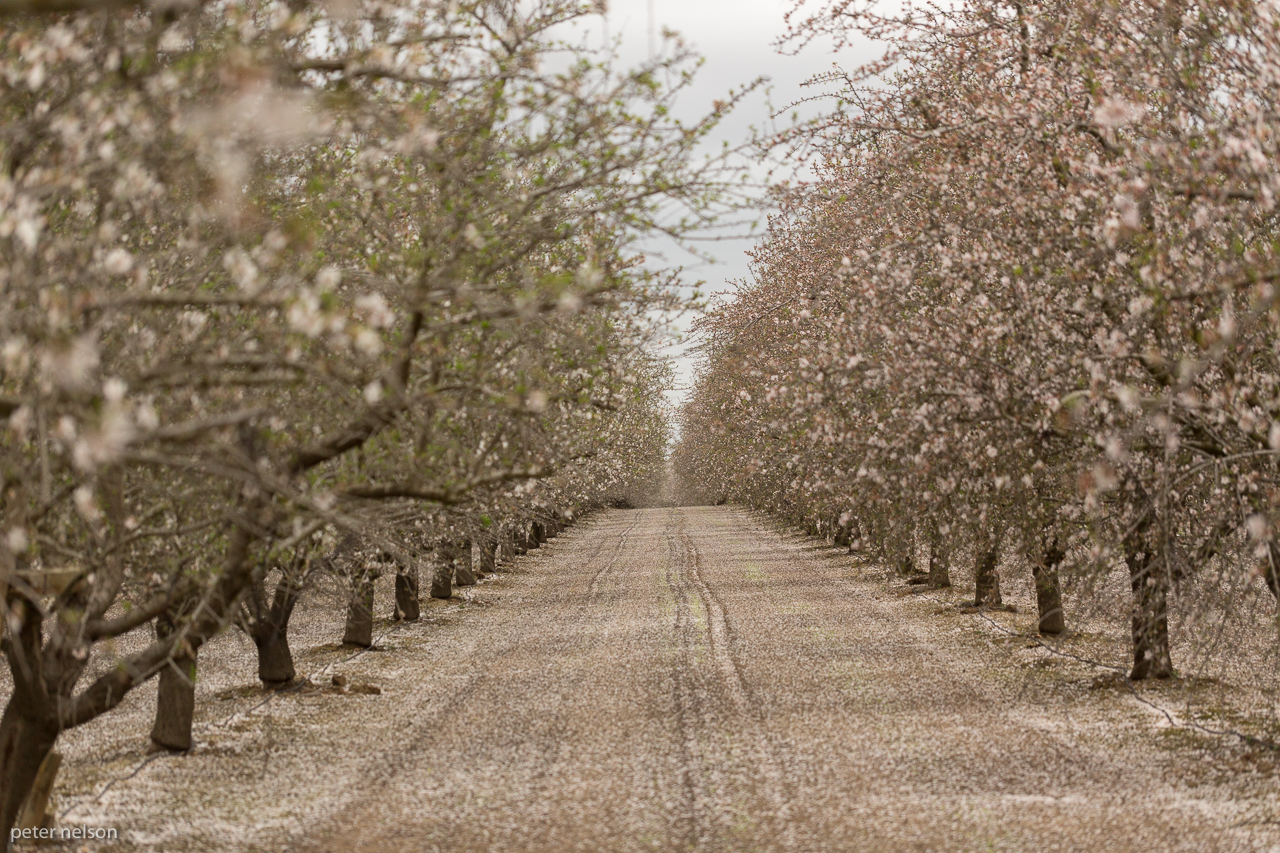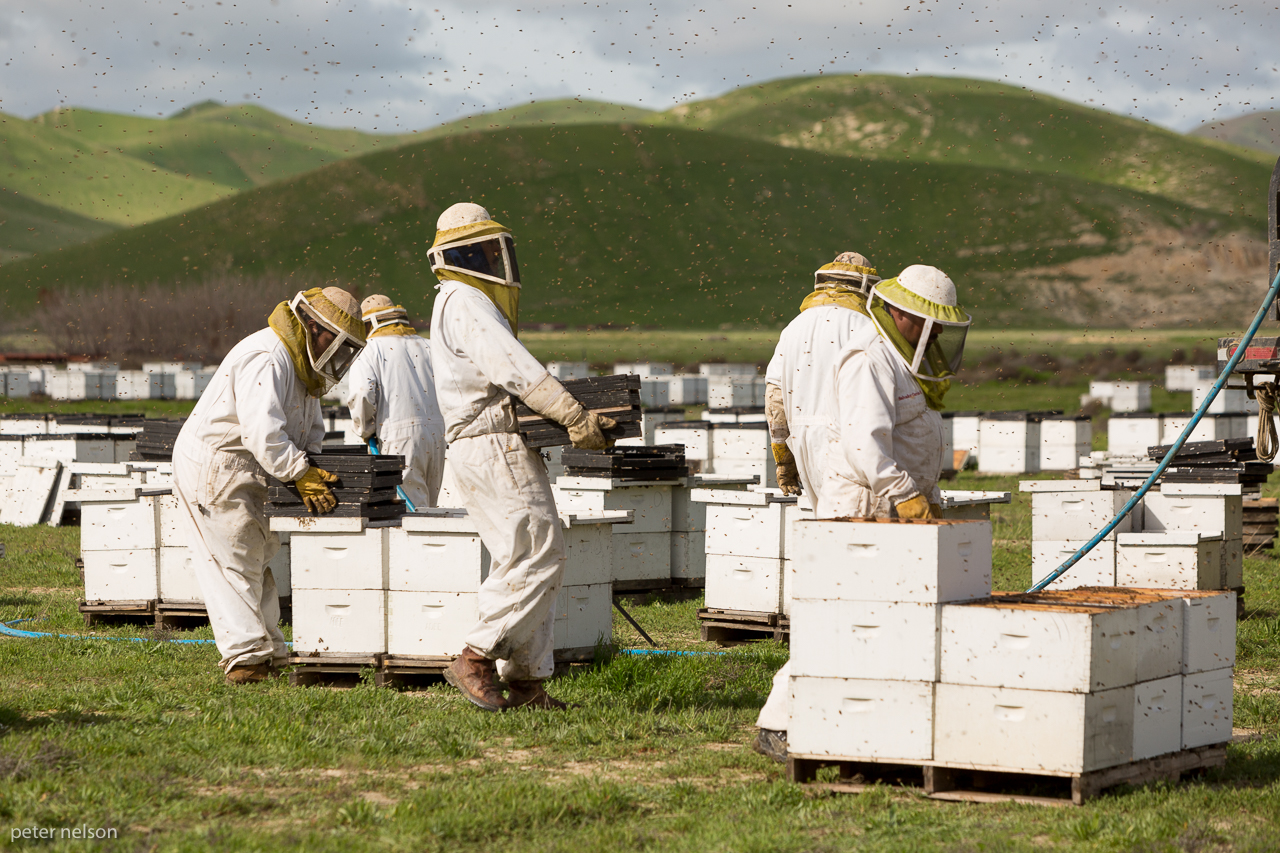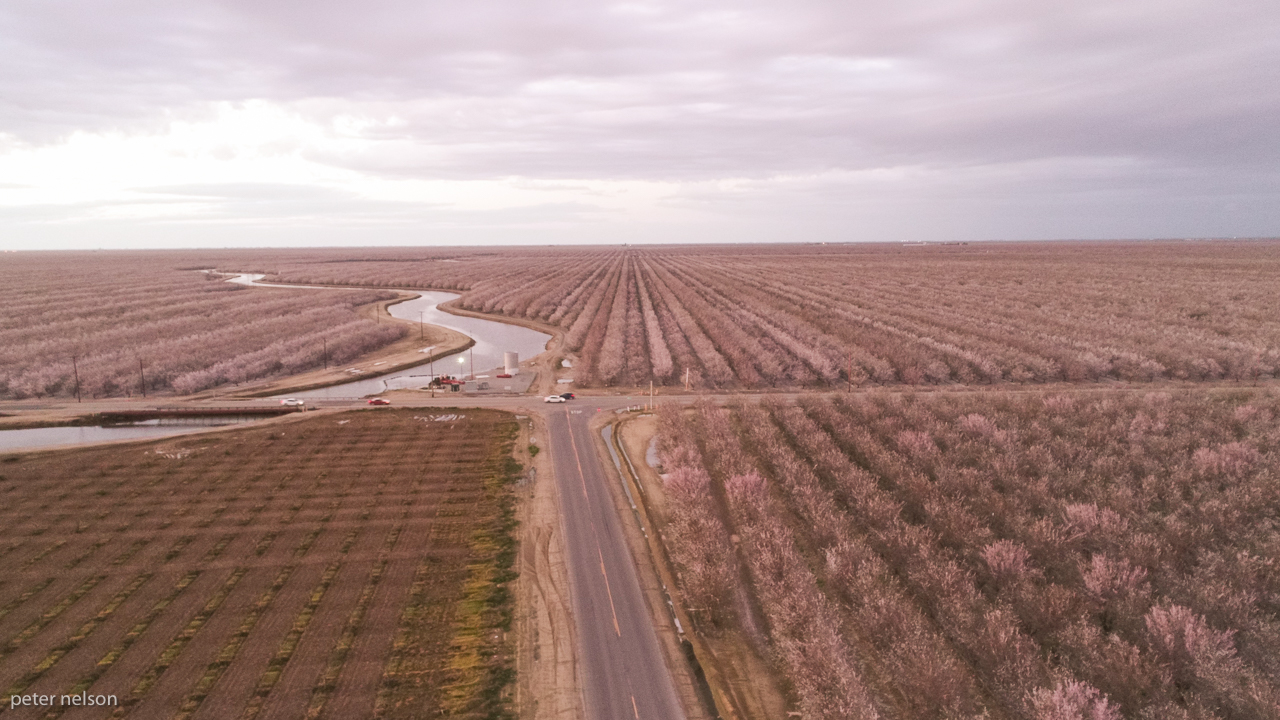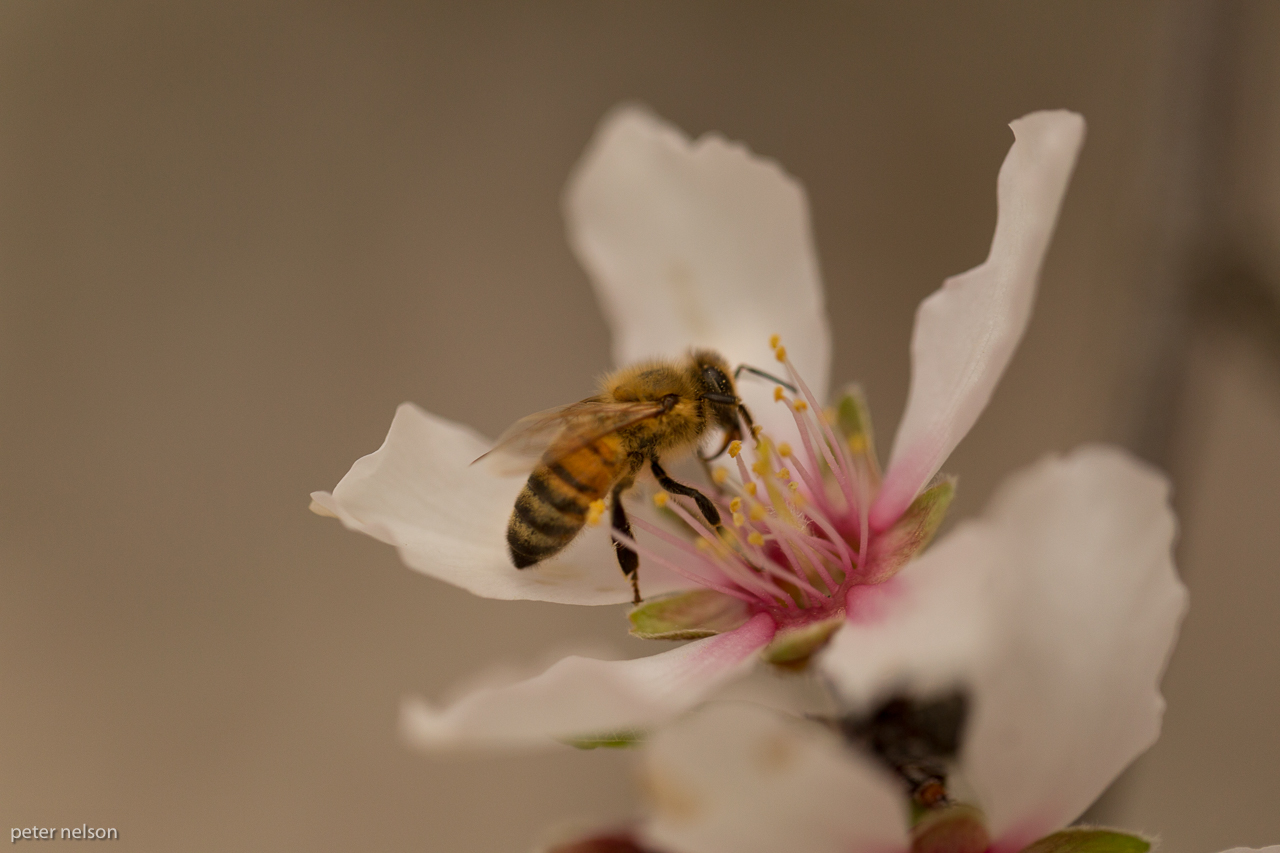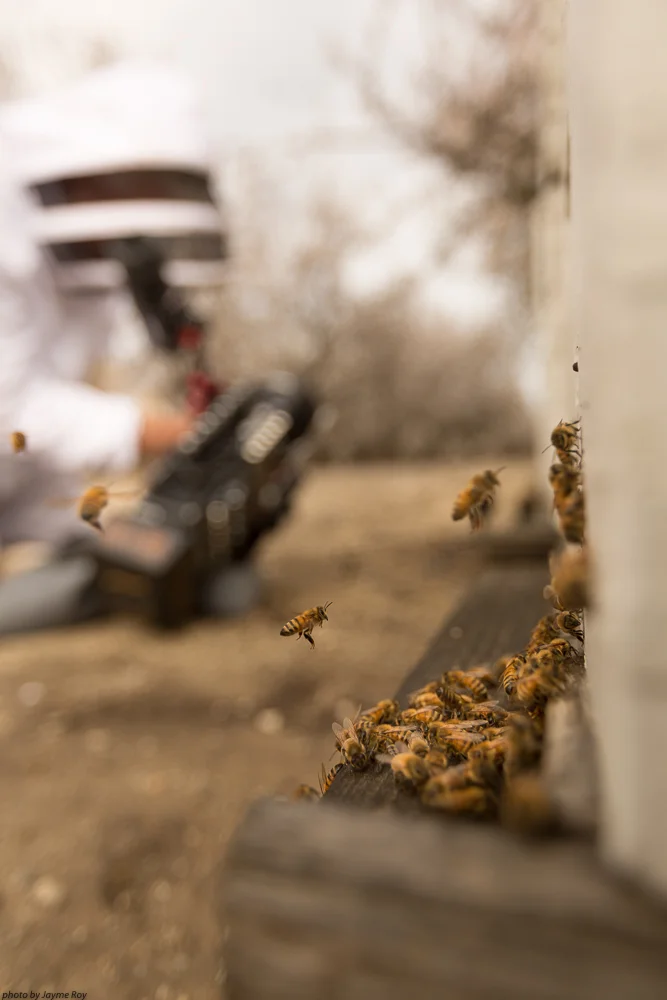Paley Center DocPitch Competition
As part of my ongoing fundraising efforts for The Pollinators, I applied to the Paley Center Doc Pitch Competition “Be in the Room” this year and was selected as one of five finalists.
The finalists were given the opportunity to pitch our projects to a panel of 5 distinguished judges and in front of an audience at the Paley Center in New York City. The judges are some key figures in feature and television documentaries and an incredible line up executives.
Each of the five finalists were given 10 minutes to pitch their projects which includes a 5 minute clip of footage from the film. The panelists were given the opportunity to ask the filmmaker questions about their project, completion plans for the film and also critique the pitches which I found really helpful.
It was a terrific opportunity to pitch for The Pollinators project at this early stage and I believe it will be really helpful in the future as I move through editorial towards completion.
The other contestants had amazing projects and all of them were really unique. The subjects covered social justice to historical to issue films and it was great to meet and be in company with such passionate talented filmmakers. The $5000 prize for the winning pitch was donated by A&E IndieFilms towards the completion of the film.
I practiced in front of some amazing assembled friends the night before, took their notes on my delivery, rewrote my pitch based on that. I have to admit I was a bit nervous, but confident in my belief in this film and I gave it my best shot and….I won.
Needless to say, I am thrilled. While I felt really good about my pitch to the panel, the other projects were really interesting and their pitches very strong, so I was a pleasantly surprised to be chosen as the winner. I also won the audience award which was a great validation. I am not the most comfortable public speaker, so this was a great experience for me to practice and deliver a pitch for The Pollinators and get some great feedback on the pitch and the film.
I was honored to be given the opportunity to pitch to such a distinguished panel, to meet some truly amazing people and tell them about this film.
Thank you to Paley Center and A&E Indie Films.
